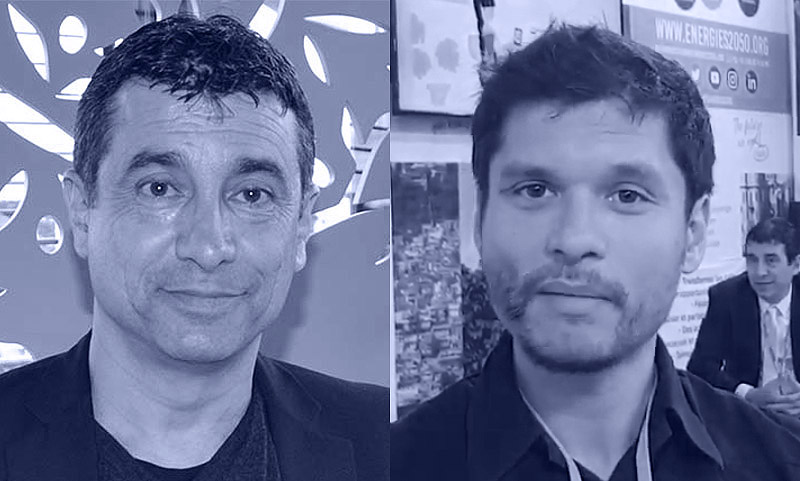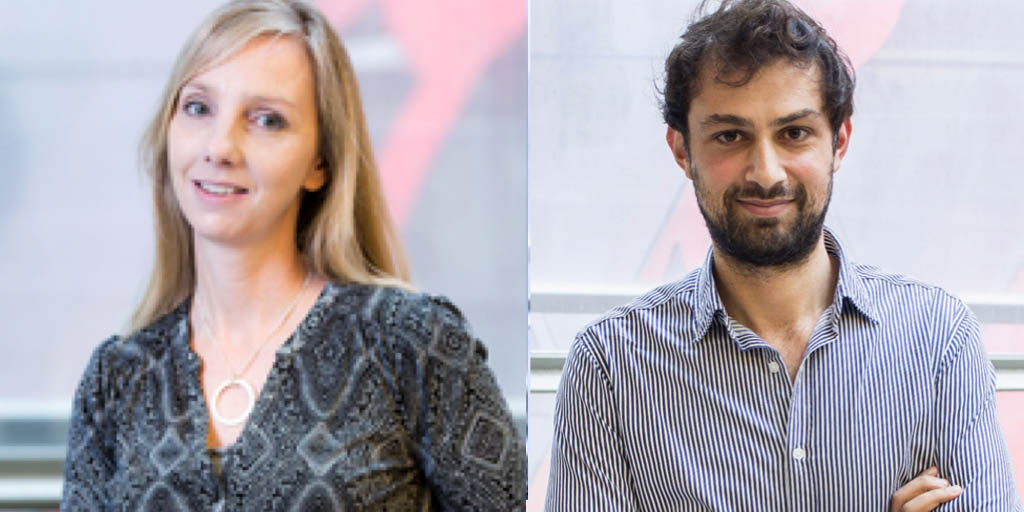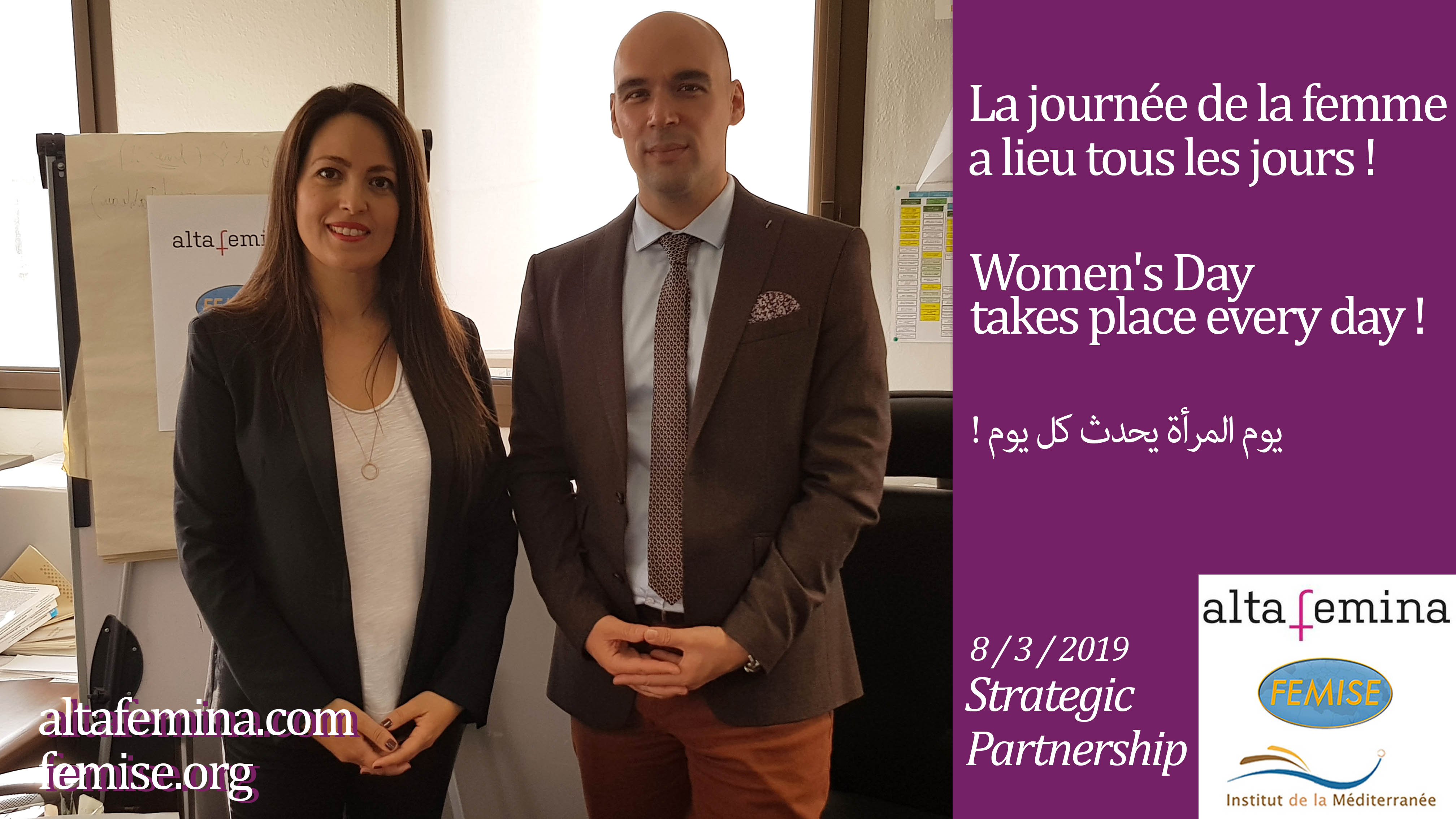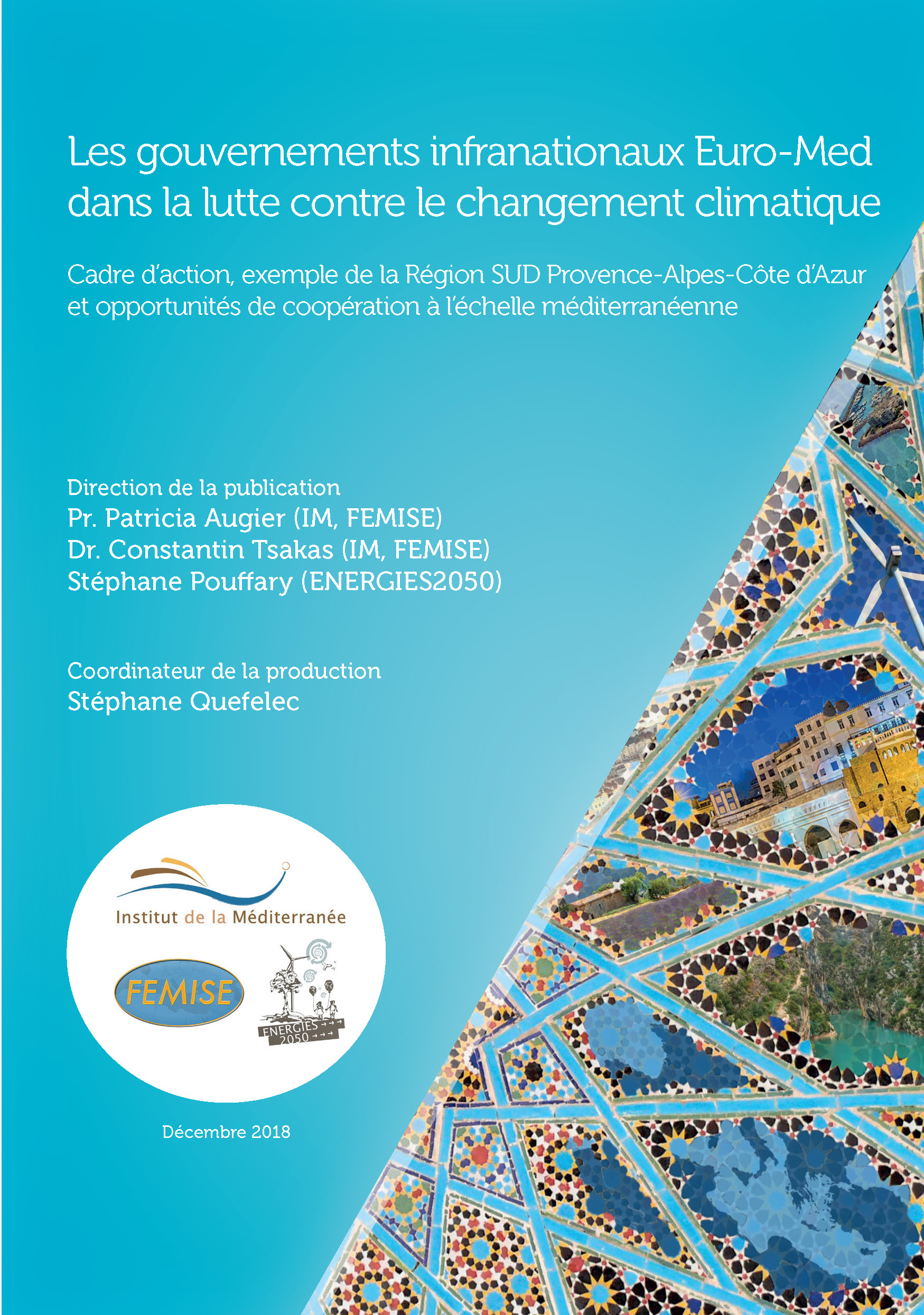
Stéphane Pouffary & Guillaume de Laboulaye
The FEMISE Policy Brief series MED BRIEF aspires to provide Forward Thinking for the EuroMediterranean region. The briefs contain succinct, policy-oriented analysis of relevant EuroMed issues, presenting the views of FEMISE researchers and collaborators to policy-makers.
The MED BRIEF “Reforming Fossil fuel Subsidies: Challenges and Opportunities for the South and East Mediterranean countries”, is available here (in french).
Also available in Arabic by clicking here.
Abstract: Fossil fuel subsidies have been used for decades to support economic activities, but above all, officially, to enable poorest households to access low-cost energy services. That being the case, regardless of the country, this reality remains highly questionable given that most of these subsidies benefit the wealthiest households who consume much more energy than lower and middle-income households. Moreover, these subsidies are incompatible with a low-carbon society and they contribute to maintaining unsustainable systems from an environmental, economic and social point of view, creating an energy dependence on exporting countries. This policy brief focuses on the issues and challenges of reforming fossil fuel subsidies in Southern and Eastern Mediterranean countries. It reminds that, far from their initial objective, these subsidies contribute on the one hand to slow down the achievement of national climate commitments and, on the other hand, to increase social and economic imbalances.
The list of FEMISE MED BRIEFS is available here.
 The policy brief has been produced with the financial assistance of the European Union within the context of the FEMISE program. The contents of this document are the sole responsibility of the authors and can under no circumstances be regarded as reflecting the position of the European Union
The policy brief has been produced with the financial assistance of the European Union within the context of the FEMISE program. The contents of this document are the sole responsibility of the authors and can under no circumstances be regarded as reflecting the position of the European Union








